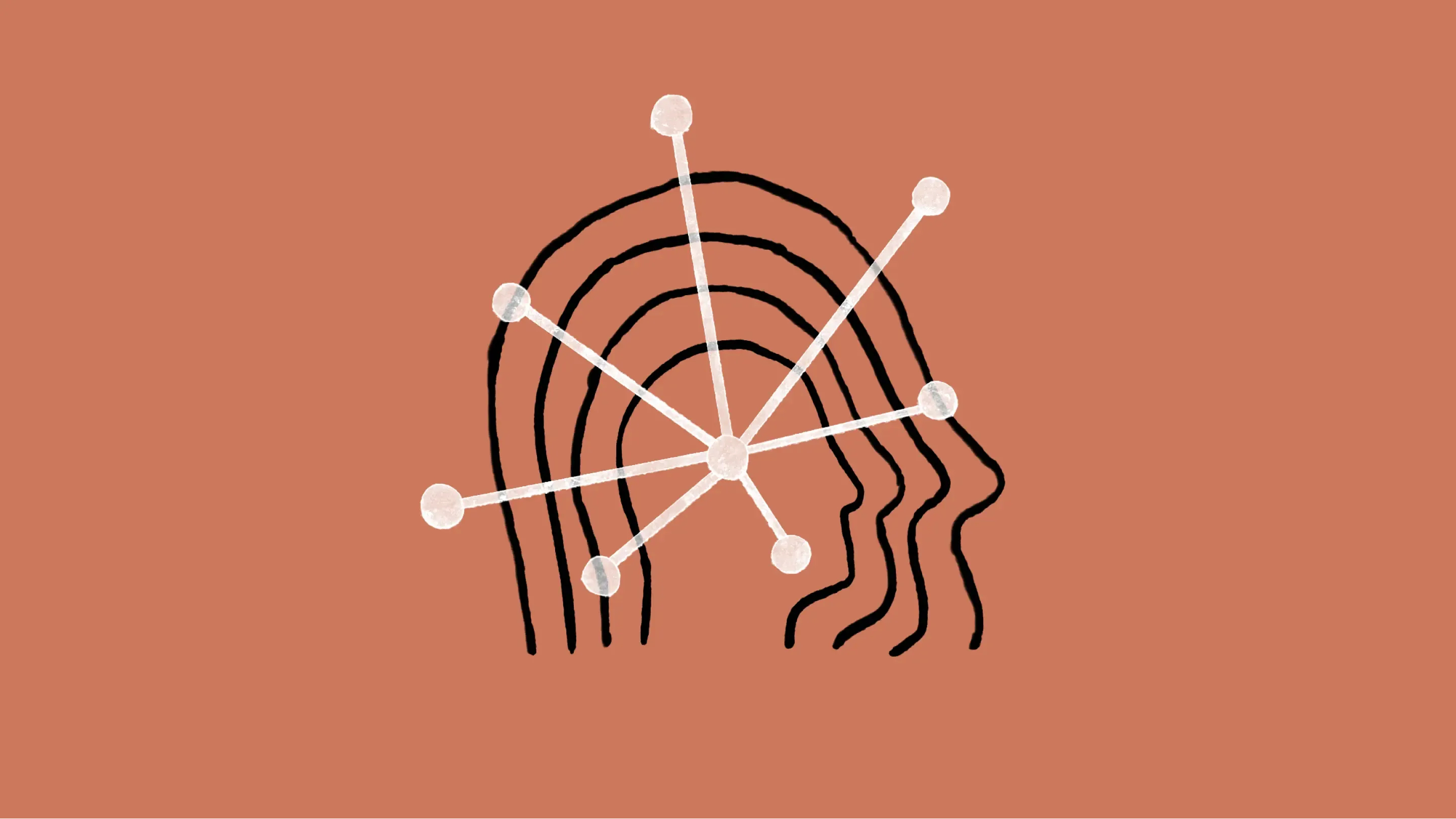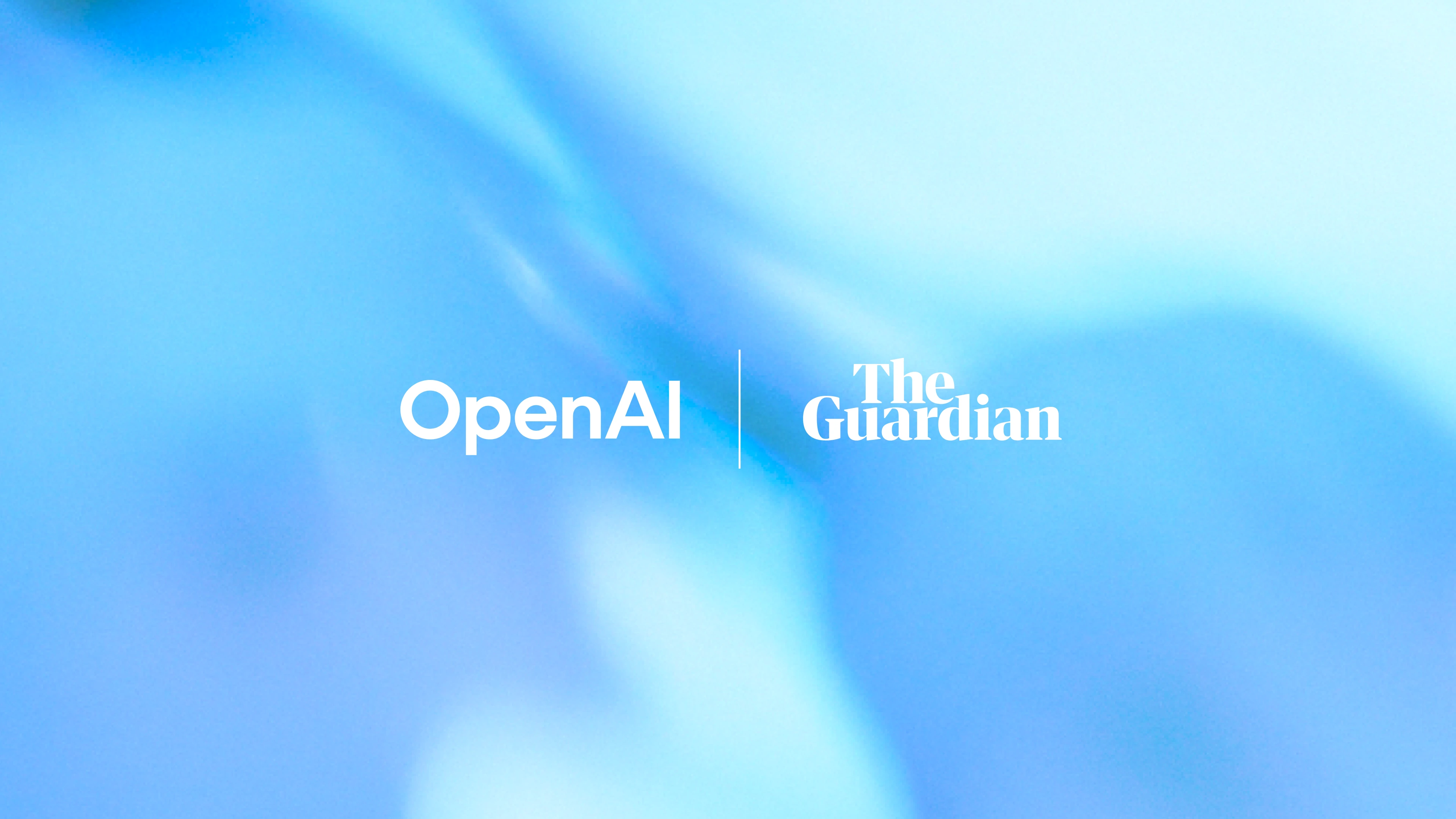The Guardian Media Group has announced a strategic partnership with OpenAI that will bring its journalism to ChatGPT's 300 million weekly users worldwide, while ensuring fair compensation and proper attribution for the publisher's content.
Under the agreement, ChatGPT users will receive extended summaries and direct access to the Guardian's reporting, with all content appearing with clear attribution and links back to the original articles. The partnership aims to broaden the Guardian's global reach while protecting its intellectual property rights.
Keith Underwood, chief financial and operating officer at Guardian Media Group, said: "This new partnership with OpenAI reflects the intellectual property rights and value associated with our award-winning journalism, expanding our reach and impact to new audiences and innovative platform services."
As part of the deal, the Guardian will implement ChatGPT Enterprise across its operations to develop new products, features and tools for both readers and business functions. The announcement comes one year after the Guardian outlined its approach to artificial intelligence, emphasising human oversight and reader benefit.
Brad Lightcap, chief operating officer at OpenAI, said: "Our partnership with Guardian Media Group furthers our goal of supporting world-class journalism and enriches the ChatGPT experience by providing access to relevant, real-time news content. It's part of our overall strategy to help publishers and audiences benefit from advanced AI technology."
The Guardian joins several major publishers, including the Financial Times, Axel Springer, Hearst and News Corp, who have established similar licensing agreements with OpenAI. The partnership represents a shift from the Guardian's previous stance, as the publisher had recently joined legal action against AI startup Cohere Inc over unauthorised use of publisher content.
Elsewhere, OpenAI has turned down a $97.4 billion bid from a consortium led by billionaire Elon Musk, declaring that the company is not for sale. Bret Taylor, OpenAI's chair, said the board had "unanimously rejected Mr Musk's latest attempt to disrupt his competition" and that any reorganisation would strengthen the nonprofit's mission.
The rejection marks the latest development in an ongoing dispute between Musk and OpenAI chief executive officer Sam Altman, who had earlier rebuffed the offer with a "no thank you" on social media platform X. Musk, who co-founded OpenAI as an investor before departing in 2019, has been critical of the company's shift towards a for-profit model and filed a lawsuit last year alleging breach of contract.
Latest News
-
Starling Bank turns to software sales to fuel US expansion
-
Snapchat bans 415,000 under-16 accounts in Australia
-
IGD calls on retailers to 'act now' before agentic AI rewrites how people shop
-
Capgemini to divest US unit following pressure over ICE contracts
-
Amazon considers largest contribution to OpenAI's $100bn fundraising round
-
Google agrees to pay $135m over Android data collection claims
The future-ready CFO: Driving strategic growth and innovation
This National Technology News webinar sponsored by Sage will explore how CFOs can leverage their unique blend of financial acumen, technological savvy, and strategic mindset to foster cross-functional collaboration and shape overall company direction. Attendees will gain insights into breaking down operational silos, aligning goals across departments like IT, operations, HR, and marketing, and utilising technology to enable real-time data sharing and visibility.
The corporate roadmap to payment excellence: Keeping pace with emerging trends to maximise growth opportunities
In today's rapidly evolving finance and accounting landscape, one of the biggest challenges organisations face is attracting and retaining top talent. As automation and AI revolutionise the profession, finance teams require new skillsets centred on analysis, collaboration, and strategic thinking to drive sustainable competitive advantage.
© 2019 Perspective Publishing Privacy & Cookies





.jpg)




Recent Stories